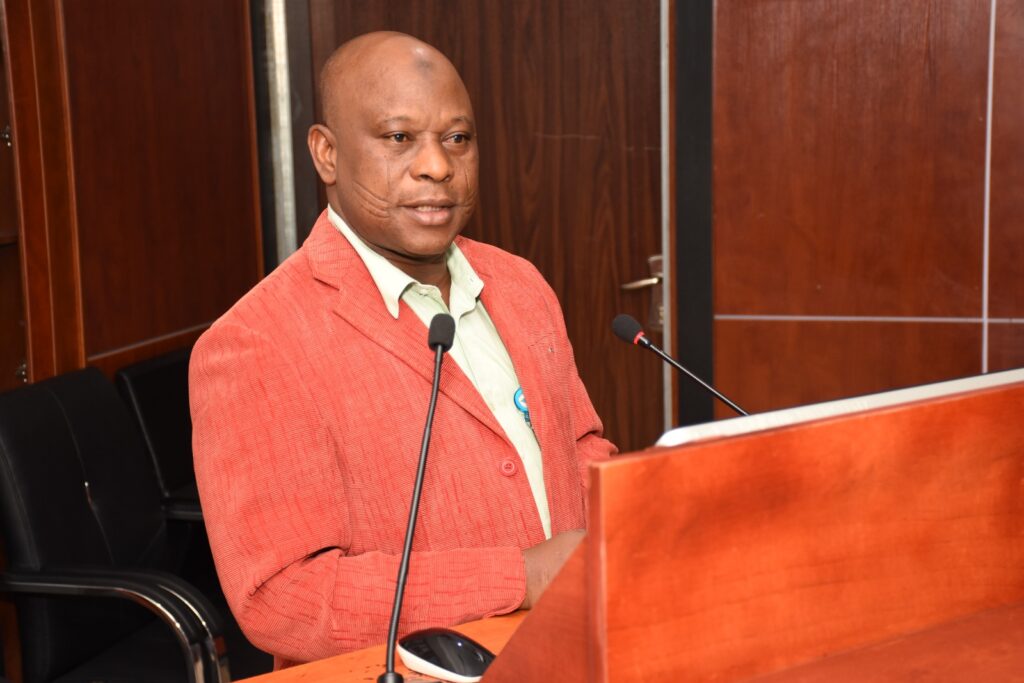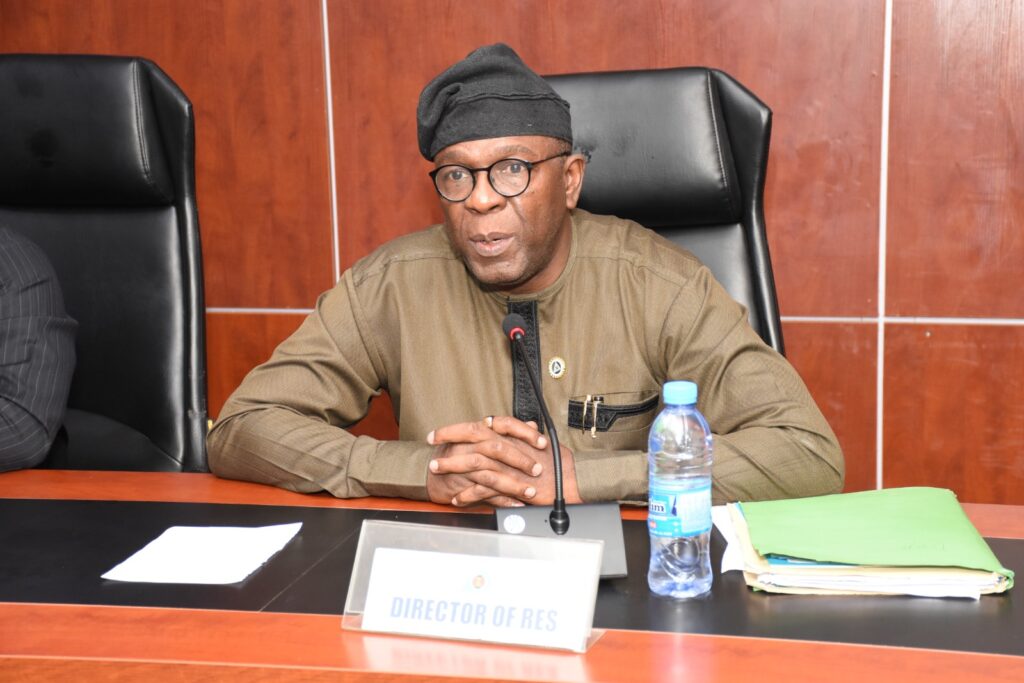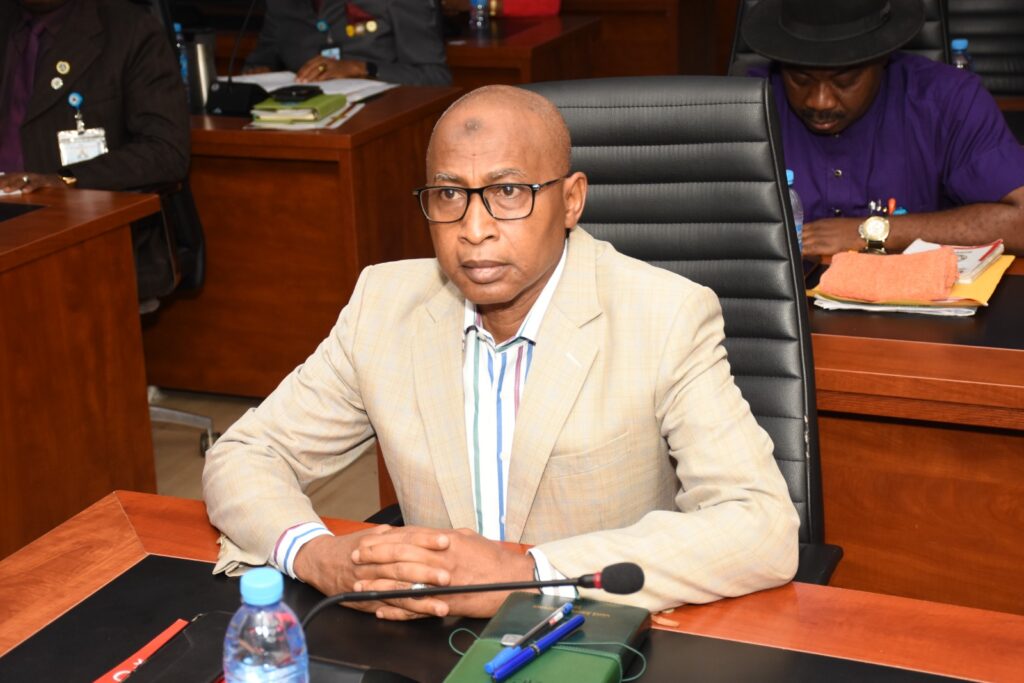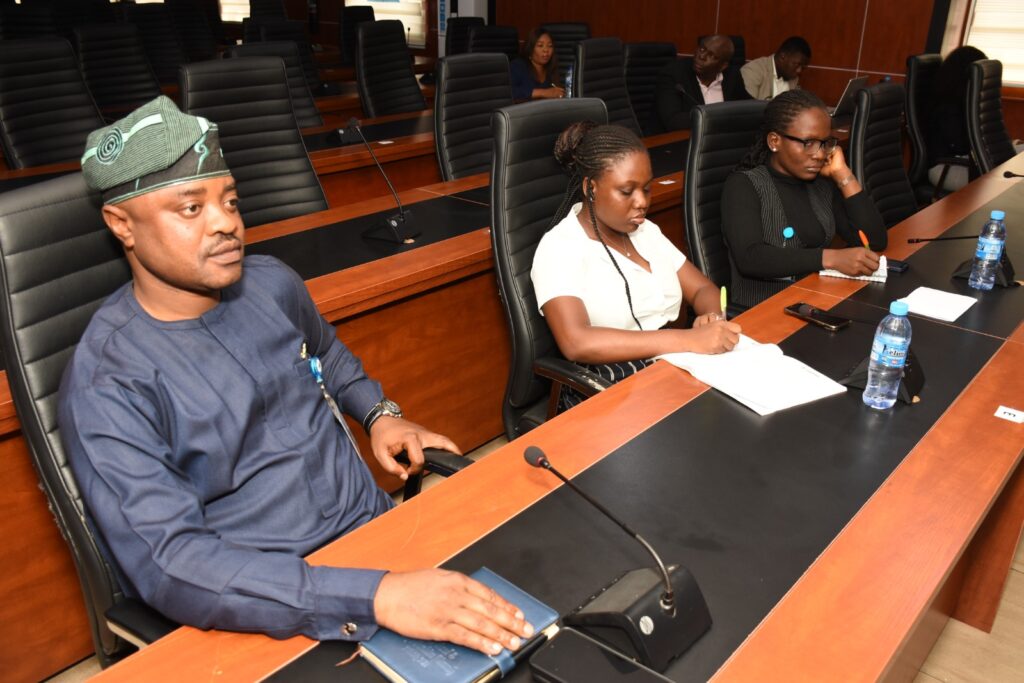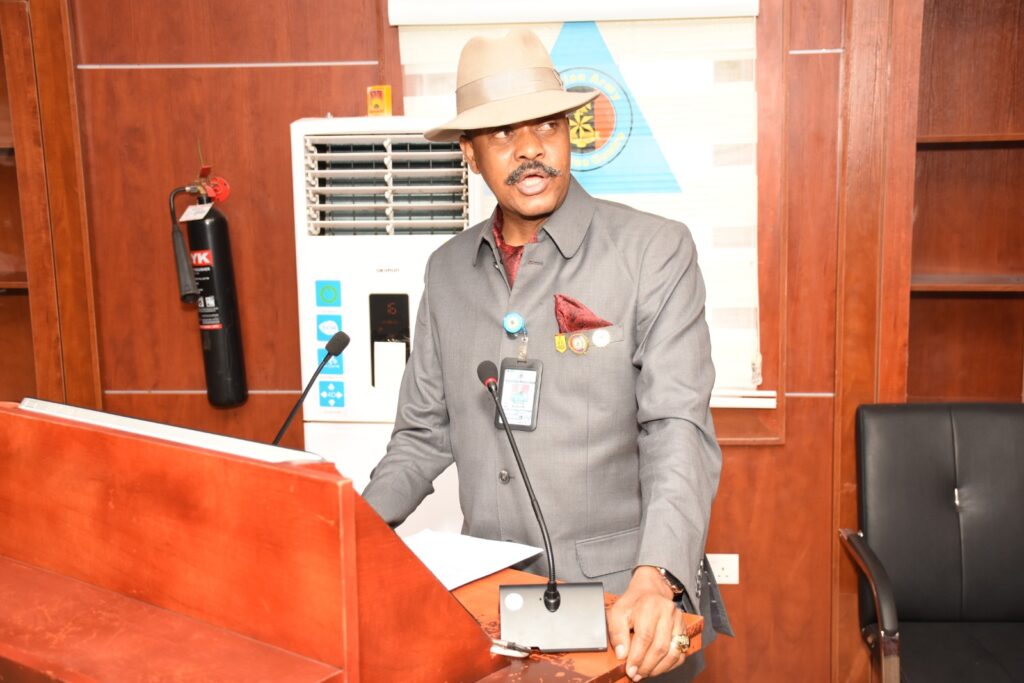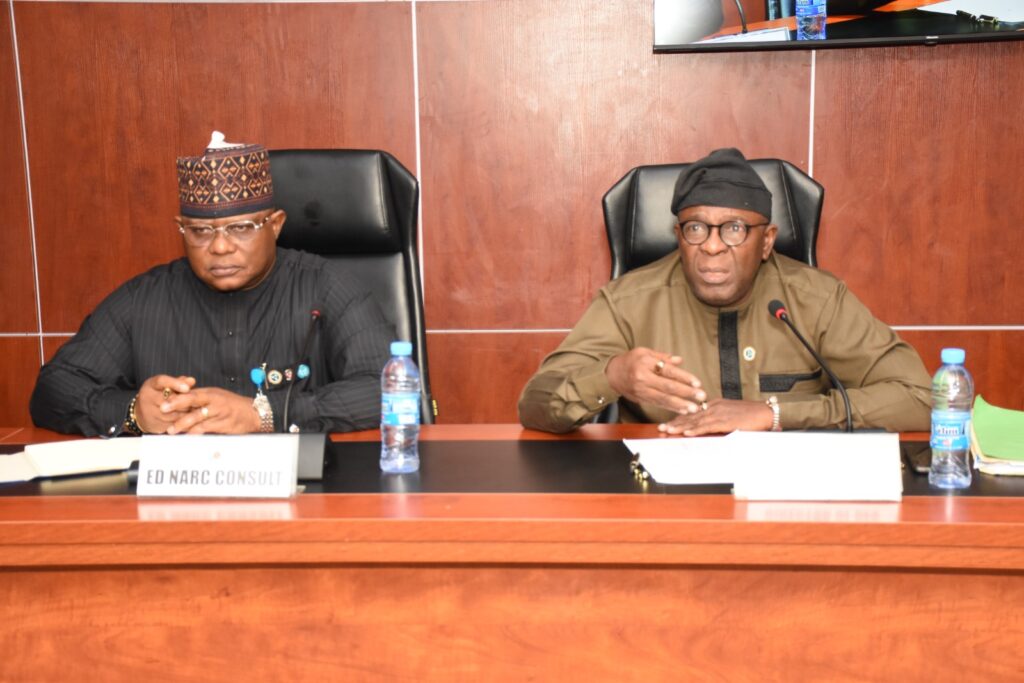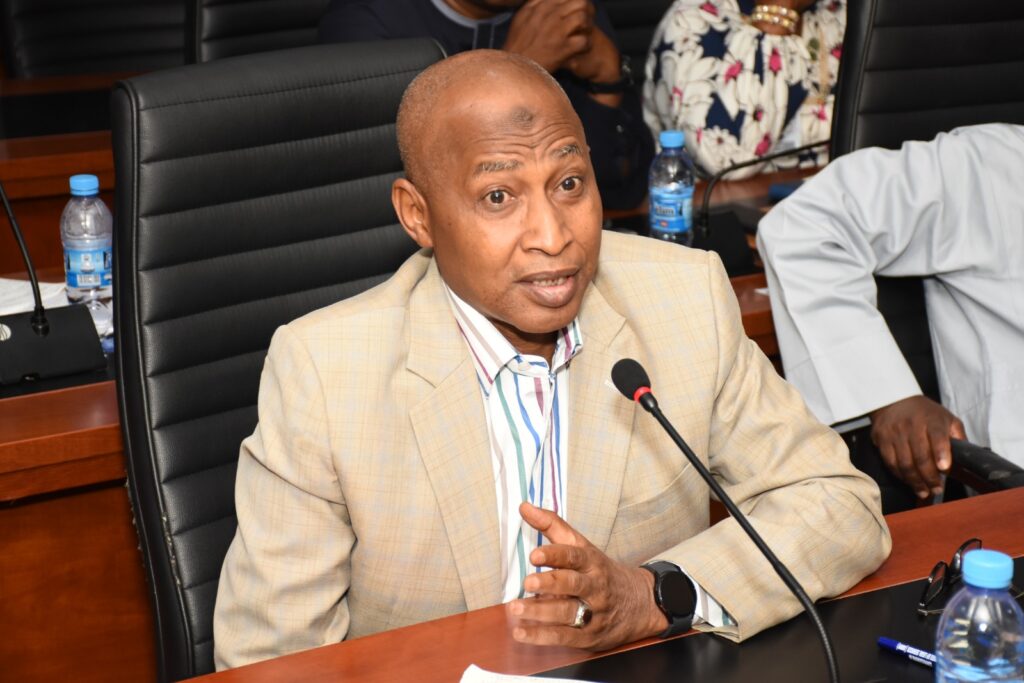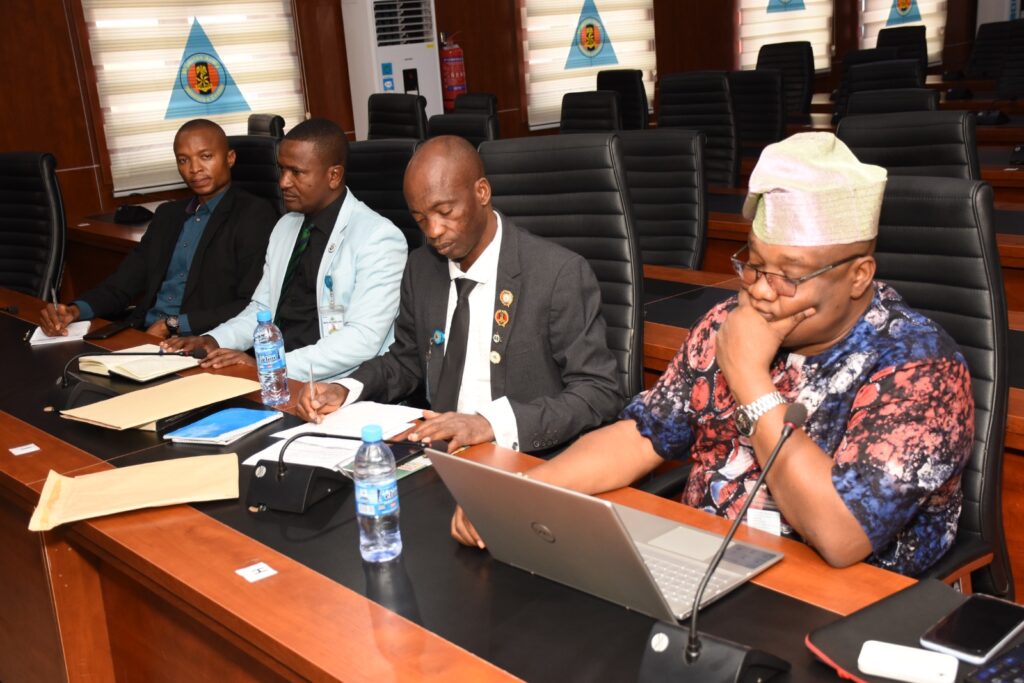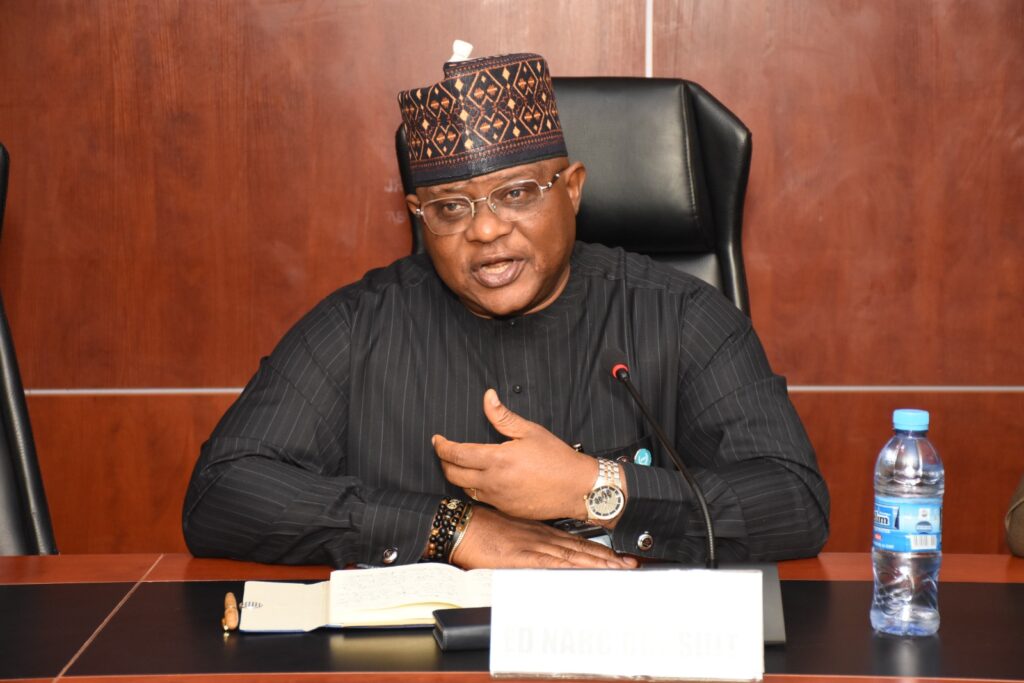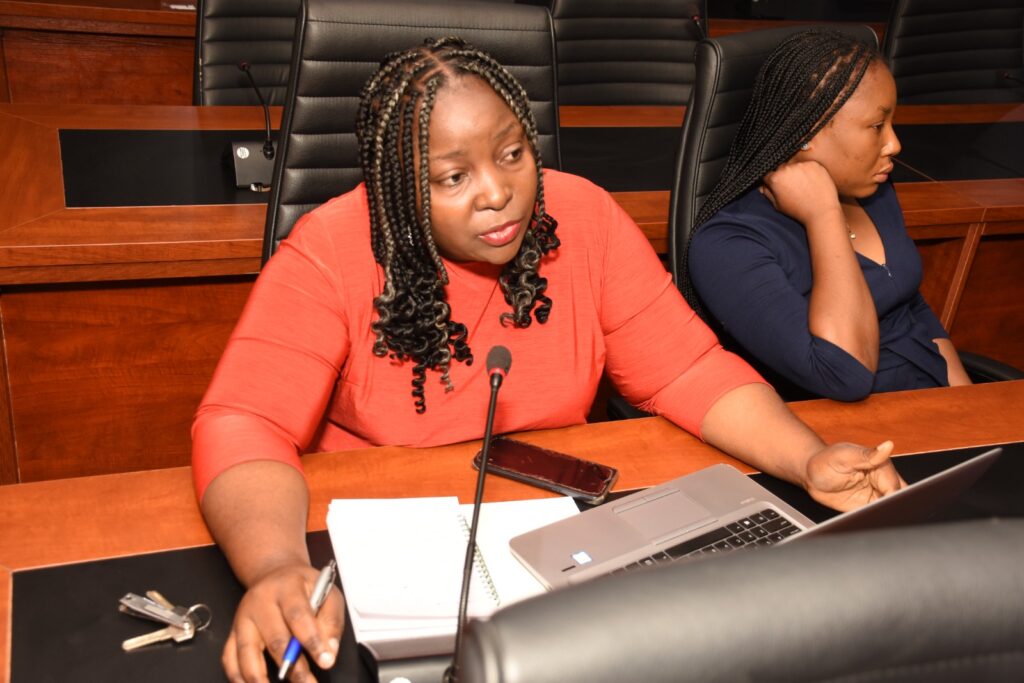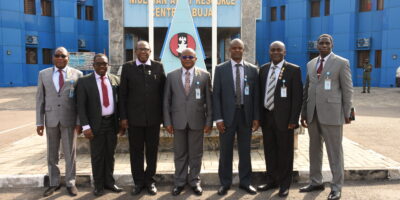Today’s edition of the Nigerian Army Resource Centre (NARC) Weekly Subject Experts’ Presentation was held at Hall C, TY Buratai Block NARC, Abuja. There were two presentations made by the Subject Experts covering Middle East and South America & the Caribbean.
Maj Gen JG Mohammed (Subject Expert for Middle East) kick stated todays presentation where he focused on a report that says “Masdar kicks off 1 Gigawatt solar project in Iraq”. According to the report he said, the Abu Dhabi-based renewable energy developer Masdar has began work on a project for the development of 1 Gigawatt of solar capacity in Iraq. Adding that, Mandar will build two solar parks each of 100 Megawatts in governorates of Maysan and Nineveh, a 450- Megawatts solar plant with a capacity of 350 Megawatts in Al-Anbar.
In his analysis and lesson for Nigeria, General Mohamed stated that the dwindling power generation and inefficient transmission and distribution have been the issues of Nigerian’s power problems for decades. He ascertained that Nigerian’s grid has an installed capacity of roughly 12,522 Megawatts but due to poor infrastructure, it is only able to deliver around 4,000 Megawatts most days. He also noted that with abundant sunlight throughout the country in particular the northern states, Nigeria can generate about 333,481 Megawatts of electricity which is more than enough for the country at the moment. He further said that, with the recent signing into law of the Electricity Generation, Transmission and Distribution Bill, Nigeria has the potential to solve her electricity demand problems.
The second presentation was made by Brig Gen M Ibrahim Subject Expert for South America and the Caribbean. He focused among other selected News headlines a report that says “Jamaican Agriculture Ministry reaps rewards with new trading partners, diversified exports” He said according to the report the Jamaican agriculture and fisheries minister Pearnel Charles Jr acknowledged that Jamaica is now in its final stage of negotiations for citrus export to Trinidad and Tobago in the country’s efforts at diversifying export, and securing markets.
During his analysis and lessons for Nigeria, Gen Ibrahim noted that the fluctuating economic growth and slow-down of economic activities in Nigeria have resulted into severe fiscal imbalances and the reliance on the oil sector of the economy, which he said caused Nigeria to slip into recession in 2016 and 2020 due to declining crude oil price.
He therefore opined that, there is a need for the country to develop her non-oil sector in order to increase her export capacity and improve her balance of payments position and external reserve through windfall gains from export. He held that agriculture is seen as a backbone of socio-economic development and catalyst for job creation and a major foreign exchange earner.
He further acknowledged all efforts made by the government aimed at increase agricultural productivity in order to provide sufficient quantities of food to meet domestic demand as well as abundance of commodity crops for export in the international market. Reversing forest loss and degradation; promoting sustainable management of natural resources; rehabilitation of degraded lands and reducing erosion and climate vulnerability are some of the efforts made. He said.
Present at the briefing were the ED Consult, Director of Research, Senior Research Fellows, Research Fellows, Consultants and other staff of the Centre.
